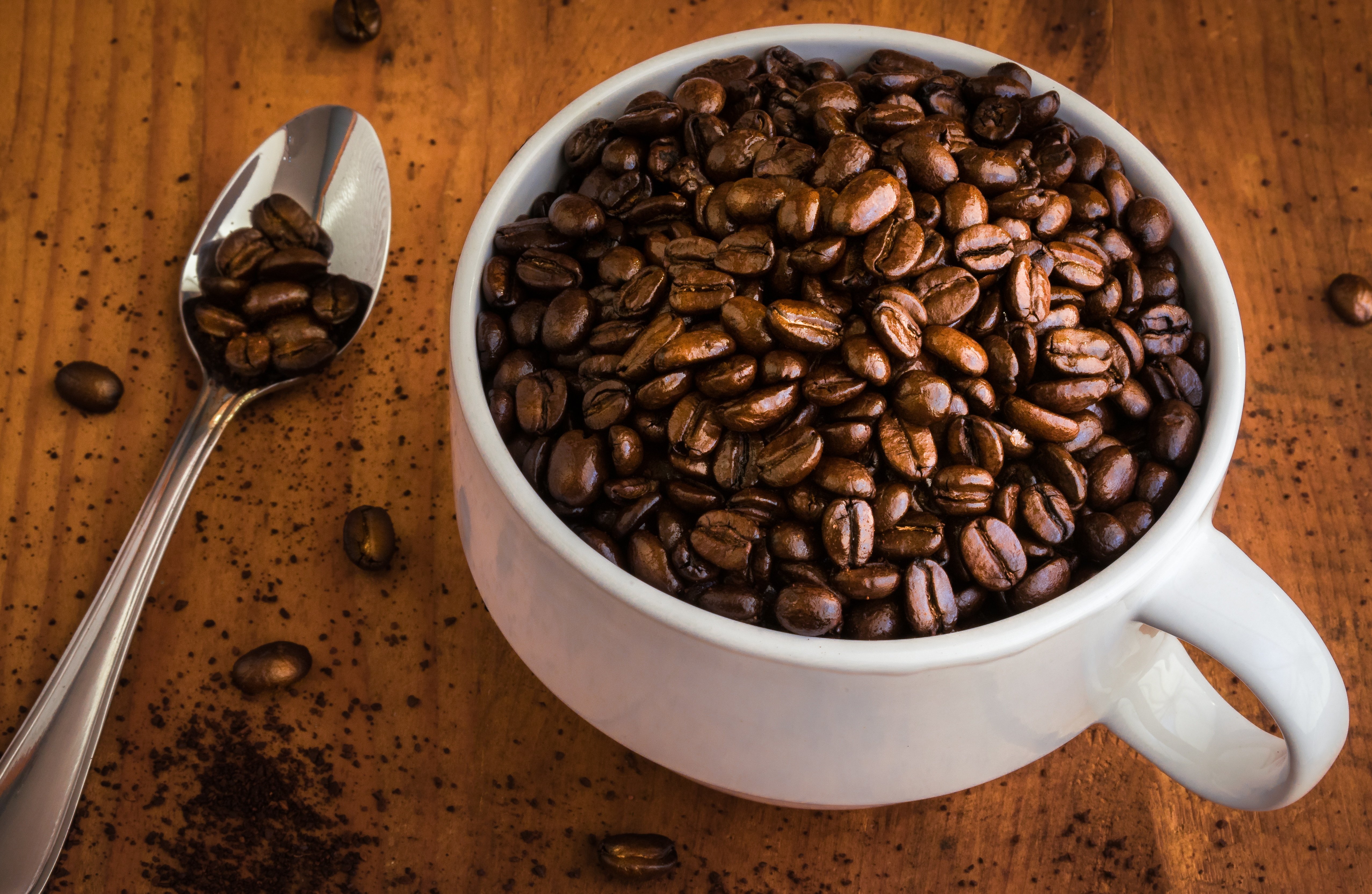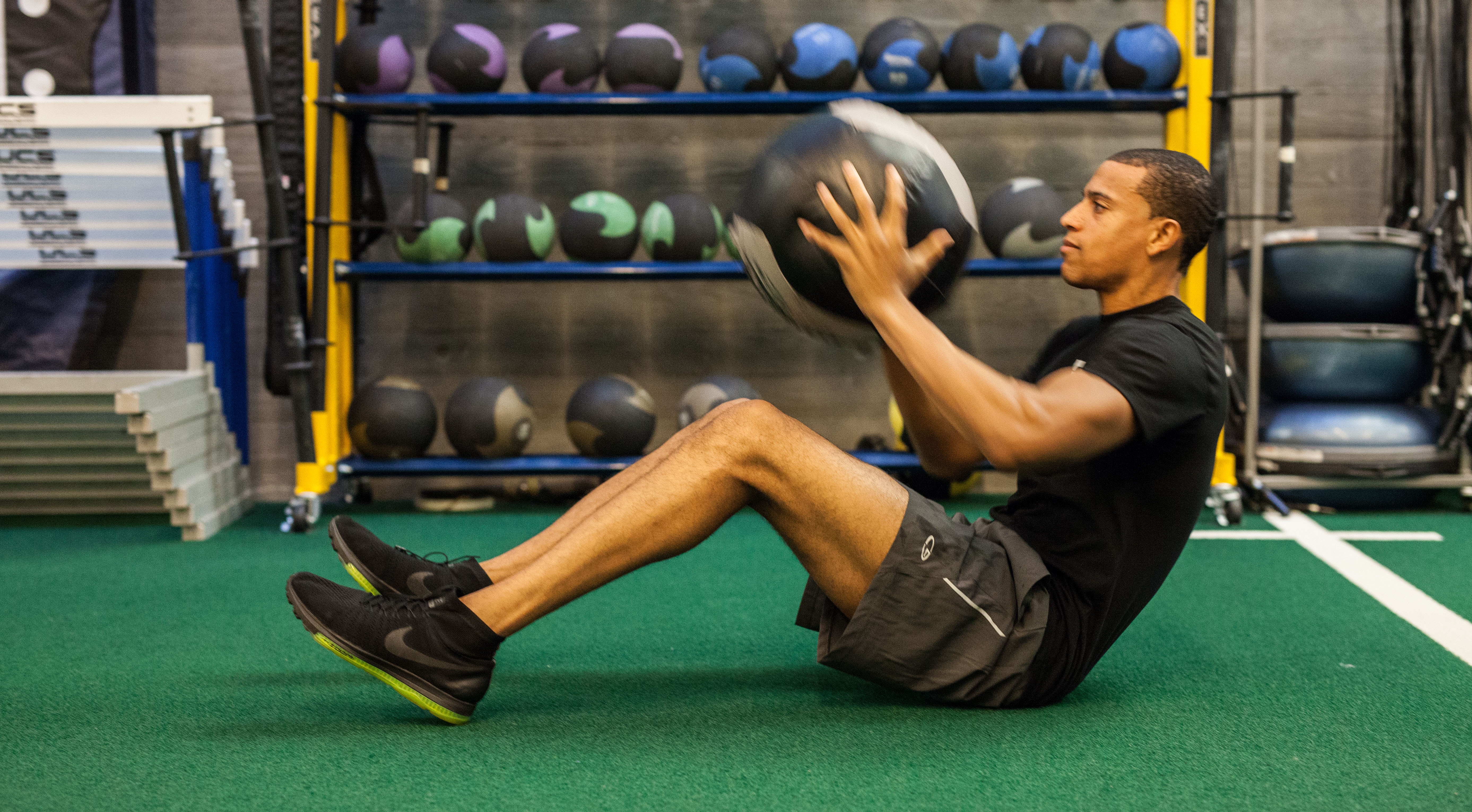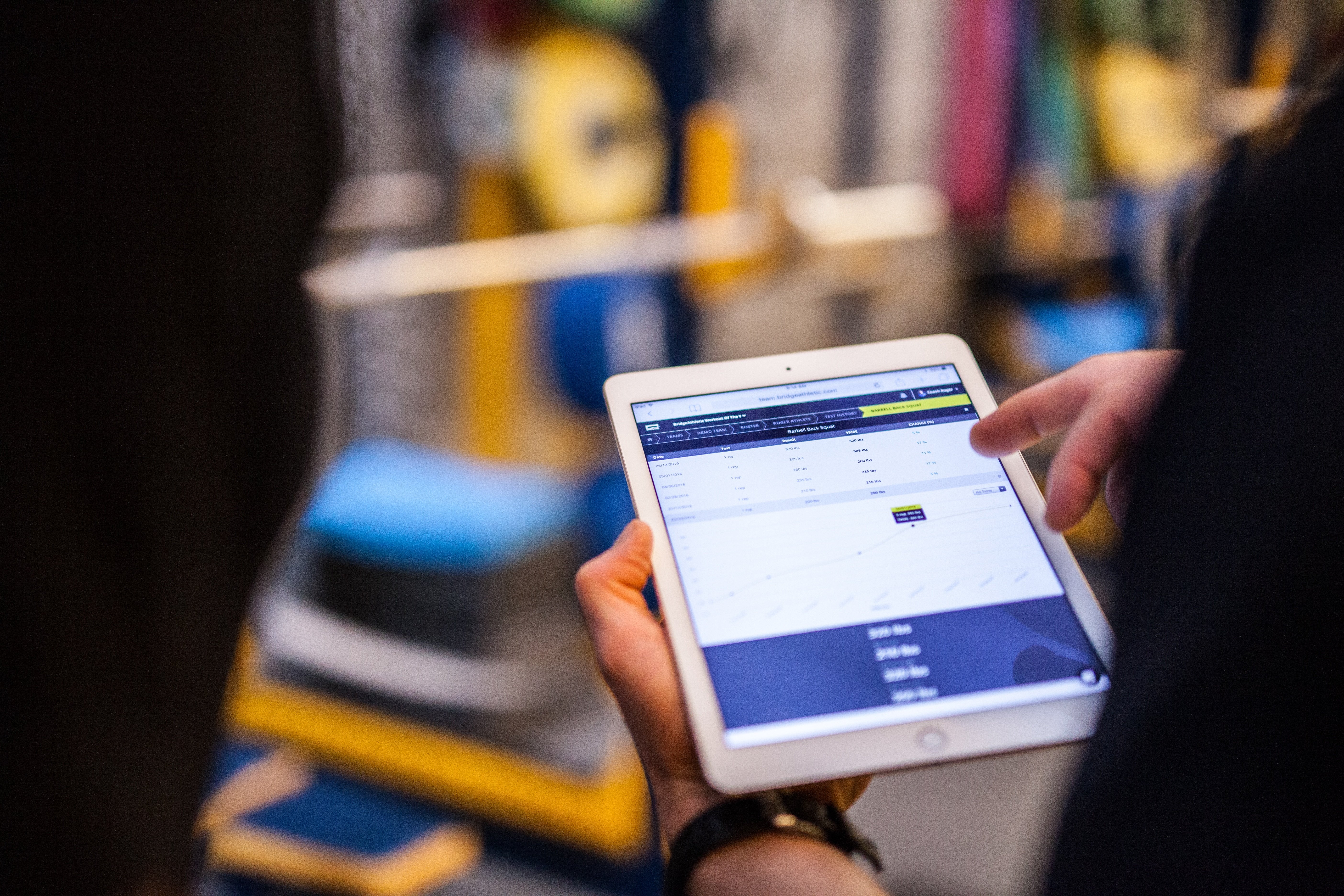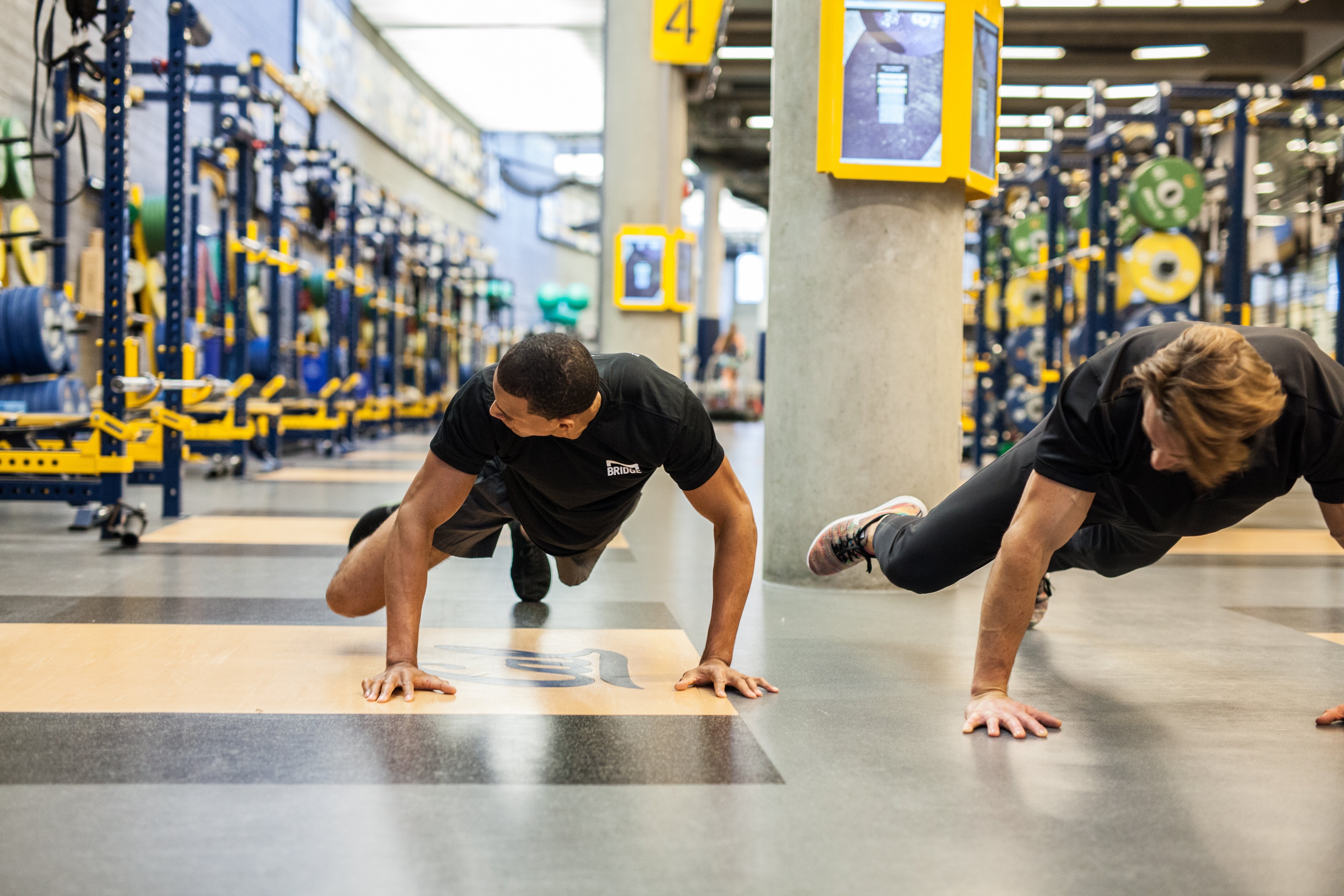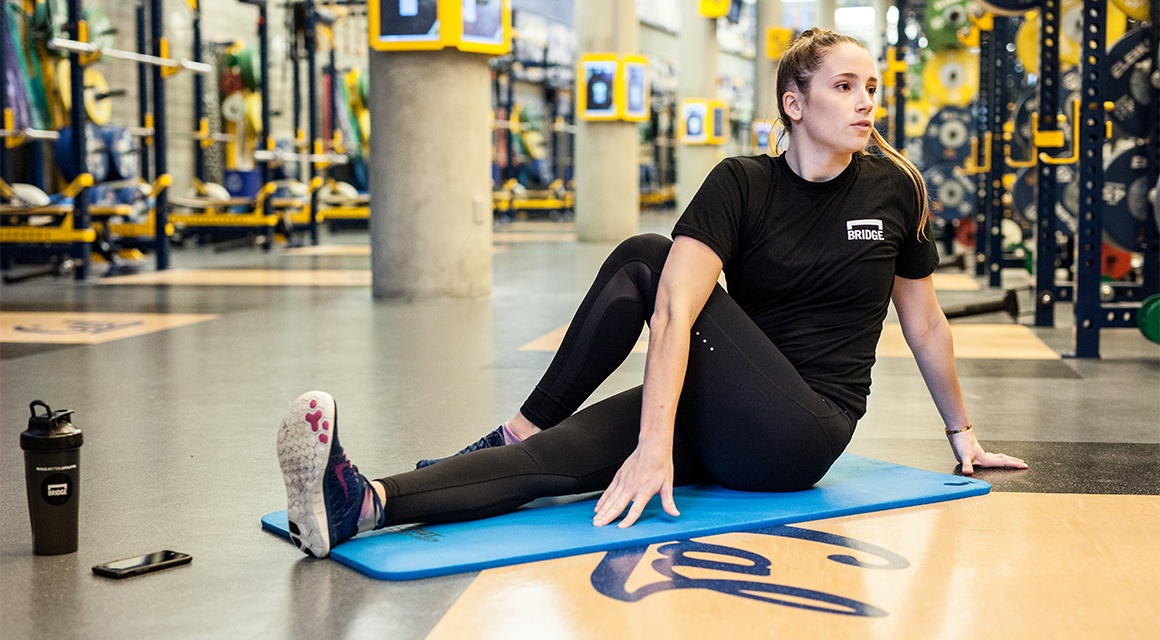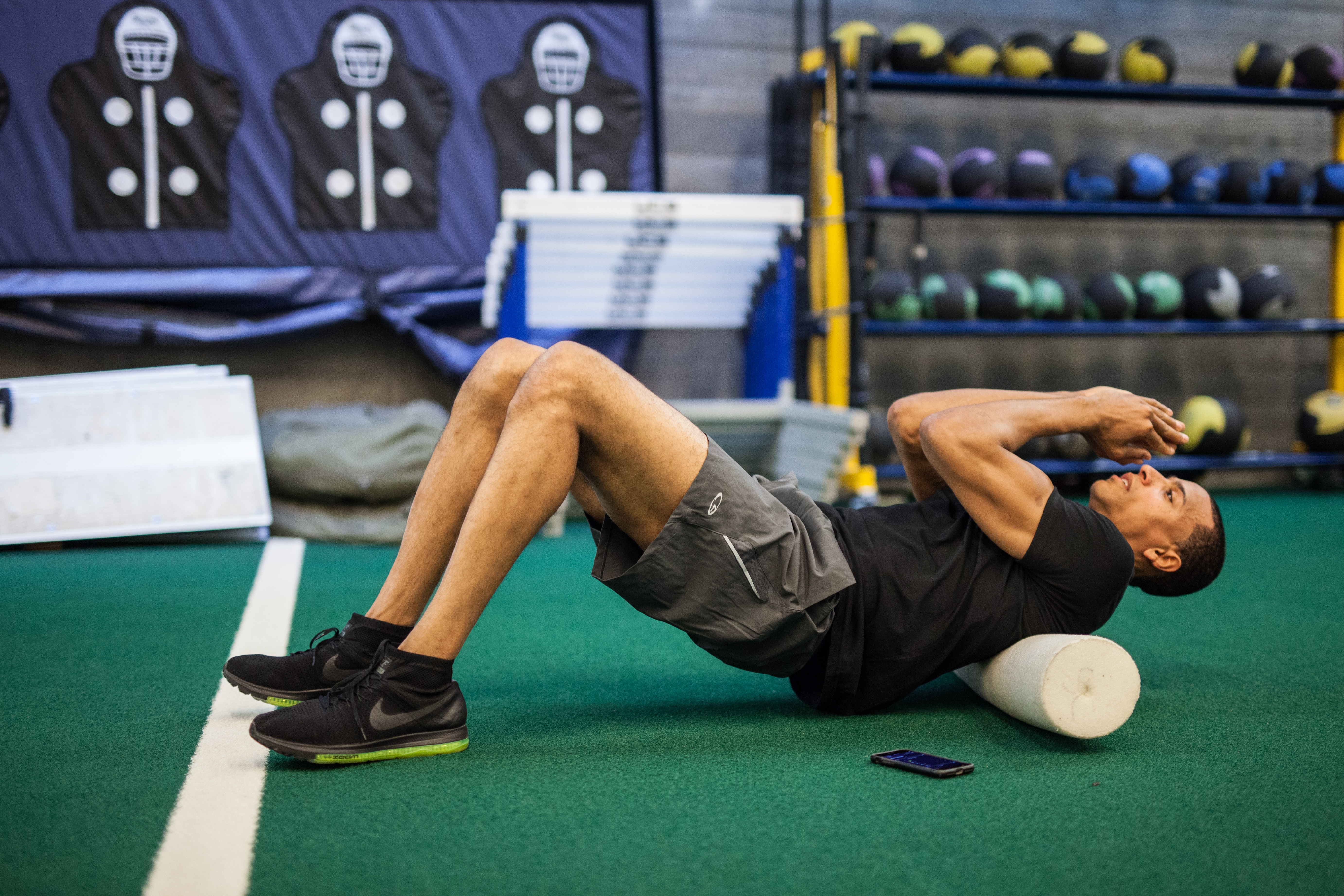Caffeine is the most widely used stimulant drug in the world and is one of the best-tested ergogenic aids. Approximately 73% of athletes already use caffeine before training and competition to enhance athletic performance. Usually ingested through coffees, teas, energy drinks, and soft-drinks, caffeine enhances an individual’s energy use, production, or recovery and contributes to clearer thinking and greater concentration. Athletes can also consume caffeine in supplements, like NoDoz max, and sport-specific energy gels. Understanding how much caffeine and when to consume it will allow athletes to maximize their athletic performance with caffeine.
Read MoreWhey, Soy, or Casein Protein: Which is Best for Athletic Performance?
By Shelley Harper on July 21, 2017
Protein intake is important for all athletes, especially while endurance training. Oftentimes, athletes tend to focus on carbohydrate intake rather than focusing on protein intake, which could have a negative effect on health and overall athletic performance. Muscle growth and repair are heavily dependent on protein levels.
Read MoreWhether it’s kicking, throwing, running, jumping or swimming, an athlete’s core is involved in almost every action. Core muscles are responsible for stabilizing the spine and pelvis as well as generating and transferring energy from the center of the body to its extremities. Developing core strength and stability enables athletes to maximize their power output and perform complex athletic movements that require coordination, balance, and technical skills. Additionally, focusing on core strength can help athletes stabilize other weak areas to reduce the risk of injury. When designing a strength program, coaches should implement core exercises in order to optimize athletic performance.
Read MoreDesigning a Strength Program: Importance of Sports Periodization
By Megan Fischer-Colbrie on July 19, 2017
Sports periodization is the planning of athletic training using a progressively cyclic format with the goal of timing peak performance during the athlete’s major competitive events. Cyclic training organizes a team's approach, protects against overtraining, and enables athletes to continue to improve. When designing a strength program, coaches should implement different training cycles in order to maximize athlete performance when they need it most.
Read MoreIn sports, having an end of the season vision is the center point for which all success and failure hinges. There will be pitfalls throughout the year, but resiliency, determination, and persistence are the keys to long-term success in sports. How do athletes find a vision? Athletes need to explore what excites and drives them on a daily basis. Once this is established, athletes can use this to begin planning goals to achieve their vision, one step at a time. Athletes must also determine specific steps that will set them up to achieve their goals. Ultimately, goals drive motivation, commitment, focus, and enhance athletic performance.
Read More
Nutrition is one of the most important aspects of being an elite athlete. The way an athlete treats their body before and after workouts on a daily basis can maximize their overall performance. Before making a grocery run, athletes should make a plan in order to stay organized, save money, and choose healthy options. It is imperative for elite athletes to prioritize nutrition and hydration to ensure their bodies are ready to go for training or competition. To learn more about athletic nutrition for collegiate athletes check out this article.
Stretching can improve circulation, muscle flexibility, range of motion, and consequently, help athletes perform better in workouts and in competition. When exercising, muscles repeatedly flex and contract. Stretching causes muscles to lengthen and relax, resulting in the ability to maximize muscle engagement in the next workout. Stretching also boosts the body’s circulation by increasing blood flow throughout the body.
Read More
Foam rolling is a self-conducted therapy often used to improve flexibility, assist in recovery, and increase athletic performance. This technique is a form of myofascial release therapy and is aimed at applying pressure to the body’s myofascial connective tissue. During season, athletes train for weeks on end, which can take a major toll on their bodies. Athletes should be aware of the benefits of implementing foam rolling before and after their daily workouts.
Read More
